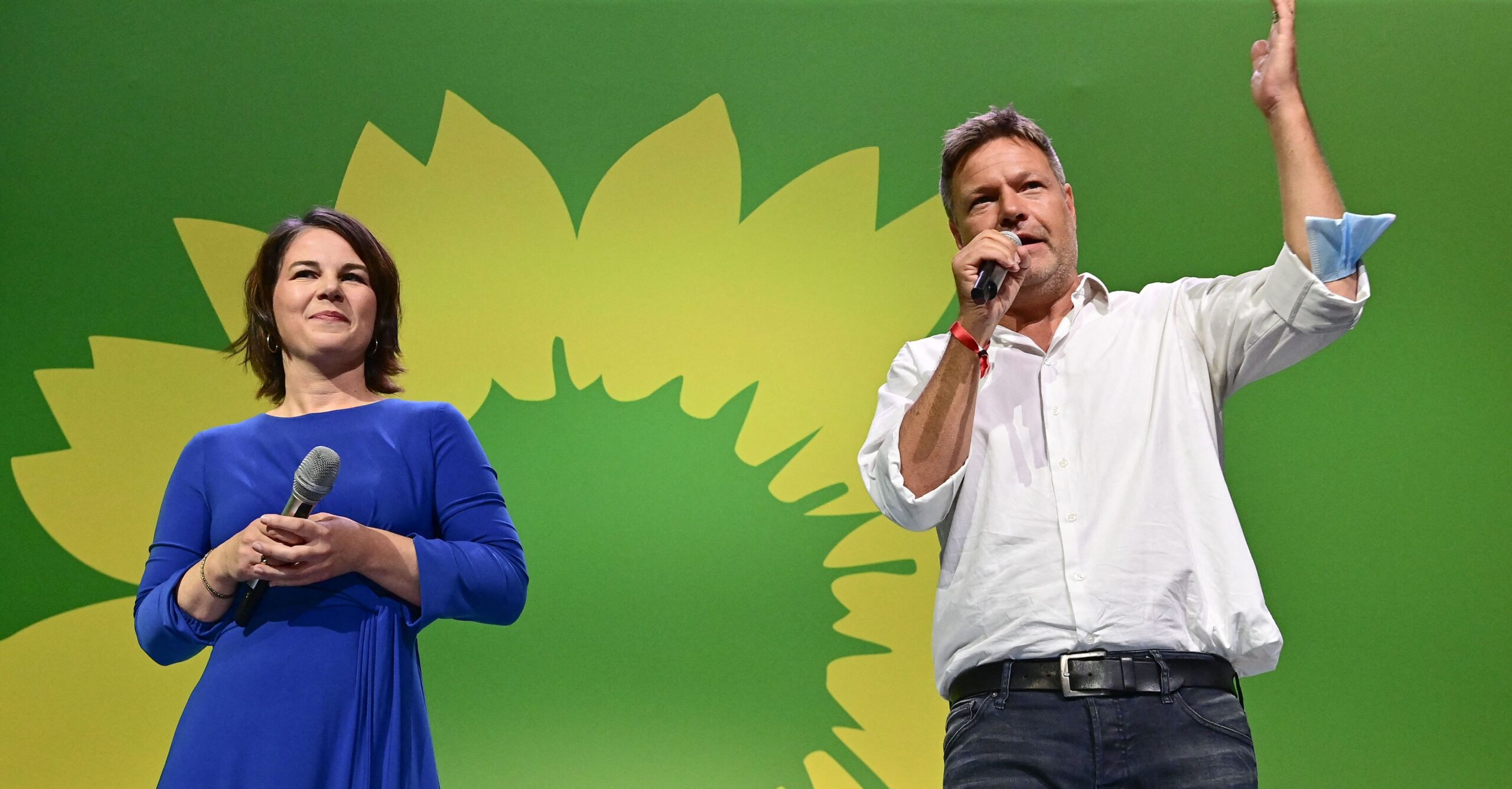“Follow the science” and “evidence-based decision making” have for some time been the preferred catchphrases of good governance, an approach that is supposedly based on hard facts rather than ideology or political expediency. The Covid pandemic has shown that this rarely turns out to be true, which can be seen elsewhere too.
A good example of this is the current debate on energy and climate in Germany. As with many other Western nations, the German focus on energy transition blinded them to the serious risk of a shortage due to deteriorating geopolitical circumstances. Almost all major decisions in the energy sector depended on Moscow, and the only reason why Angela Merkel could announce the end of nuclear energy (to stall the rise of the Green Party) in 2011 is because this was also the year Nord Stream 1 was coming online. Yet, instead of facing the reality of past mistakes, the current government frantically tries to retroactively create evidence for why these decisions were correct all along.
This started in summer 2022 when the Green minister for the economy claimed that nuclear power could not help offset reduced gas supplies, which was patently untrue since Germany could have saved the gas that was used for electricity production with the help of its reliable nuclear power plants. With growing awareness that the energy crisis could become a lethal threat to the Greens’ top priority of climate change, Robert Habeck’s ministry commissioned three different think tanks to calculate the potential costs of climate change for Germany.
The results were unsurprisingly catastrophic, showing that the issue would cost almost a trillion euros until 2050. The assumptions of the study, though, were entirely unrealistic, and based on a global warming scenario that was recently banned from use in US agencies due to its lack of validity.
Based on this flawed study, however, Germany decided to push even harder for the energy transition, motivated by yet another set of faulty assumptions. Ending coal by 2028 and nuclear this year will cause no problems whatsoever for the German electricity supply, at least according to an analysis by the state-owned grid operator. And this would include millions of electric vehicles and heat pumps. This calculation is only feasible under strict management of demand during peak times, which is really just a euphemism for rationing or controlled blackouts. Otherwise it will be impossible to meet the country’s electricity needs.
What makes the situation even more frustrating is that these studies are easy to debunk if one only takes the time to read them, rather than relying on a press release from the ministry. Yet almost no media outlet was doing that — most probably because the results were not just aligned with the Green agenda, but also with the personal views of most journalists. Which makes sense, since most polls show that the most popular party among German media employees is — you guessed it — the Greens.











Join the discussion
Join like minded readers that support our journalism by becoming a paid subscriber
To join the discussion in the comments, become a paid subscriber.
Join like minded readers that support our journalism, read unlimited articles and enjoy other subscriber-only benefits.
Subscribe